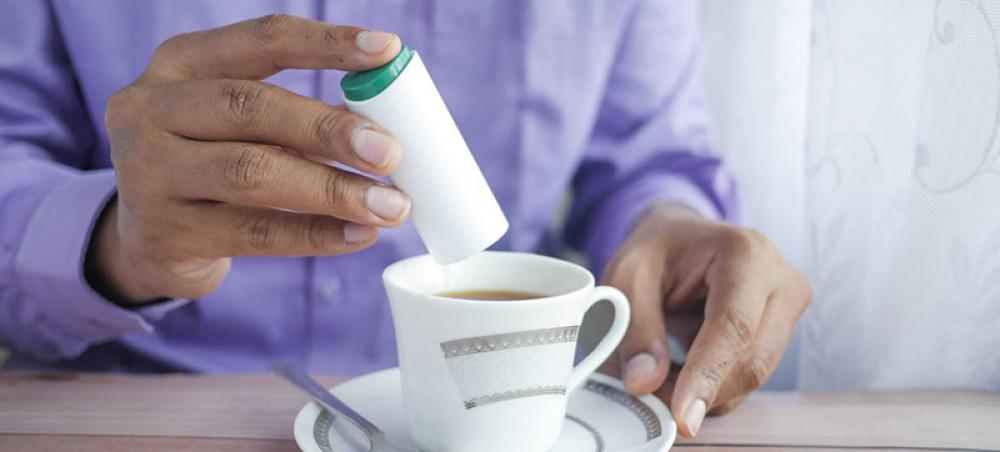Just Earth News | @justearthnews | 16 May 2023, 06:34 am Print
 Artificial Sweetener
Artificial Sweetener Image: Unsplash/Towfiqu barbhuiya
New York: New guidelines from the UN health agency released on Monday have advised against using non-sugar sweeteners (NSS).
New guidelines from the UN health agency released on Monday have advised against using non-sugar sweeteners (NSS).
The recommendation from the World Health Organization (WHO) is based on a review of available evidence which suggests that artificial sweeteners do not help control body mass or reduce the risk of weight-related illnesses.
Common NSS include acesulfame K, aspartame, advantame, cyclamates, neotame, saccharin, sucralose, stevia, and other stevia derivatives.
"Replacing free sugars with NSS does not help with weight control in the long term. People need to consider other ways to reduce free sugars intake, such as consuming food with naturally occurring sugars, like fruit, or unsweetened food and beverages,” says Francesco Branca, WHO Director for Nutrition and Food Safety.
"NSS are not essential dietary factors and have no nutritional value. People should reduce the sweetness of the diet altogether, starting early in life, to improve their health."
Deadly long-term consequences
WHO also noted that “potential undesirable effects from long-term use” of NSS, such as an increased risk of type 2 diabetes and cardiovascular disease. The results of the review also suggest that there may be other dangerous consequences such as the increased risk of premature death among adults.
The recommendation against the use of NSS applies to all people except individuals with pre-existing diabetes and includes all synthetic and naturally occurring or modified non-nutritive sweeteners that are not classified as sugars found in manufactured foods and beverages, or sold on their own to be added to foods and beverages by consumers.
Other sugar derivatives
WHO’s recommendation does not apply to personal care and hygiene products containing non-sugar sweeteners - such as toothpaste, skin cream, and medications - or to low-calorie sugars and sugar alcohols (polyols), which are sugars or sugar derivatives containing calories, and are not considered NSS.
Because the connection between consuming NSS and disease outcomes might be subjectively determined due to “baseline characteristics” of those taking part in the study, the recommendation has been “assessed as conditional”, following WHO processes for developing guidelines.
This signals that policy decisions based on the WHO recommendation may require significant discussion in specific contexts, linked for example to the extent of consumption in different age groups, from country to country.
The WHO guideline on NSS is part of a suite of existing and upcoming guidelines on healthy diets that aim to establish lifelong healthy eating habits, improve dietary quality, and decrease the risk of noncommunicable diseases worldwide, the UN health agency said.
- Alarming projection: Global breast cancer cases could cross 3.5 million by 2050, shows study
- Exam stress to emotional distress: Study reveals the dark side of academic pressure
- Vegetarian diet linked to lower risk of five major cancers, study finds
- Ukraine’s health system under fire: Attacks spike 20% in 2025, WHO warns
- A dog’s loving lick turned deadly — She woke up without her limbs





-1763561110.jpg)
